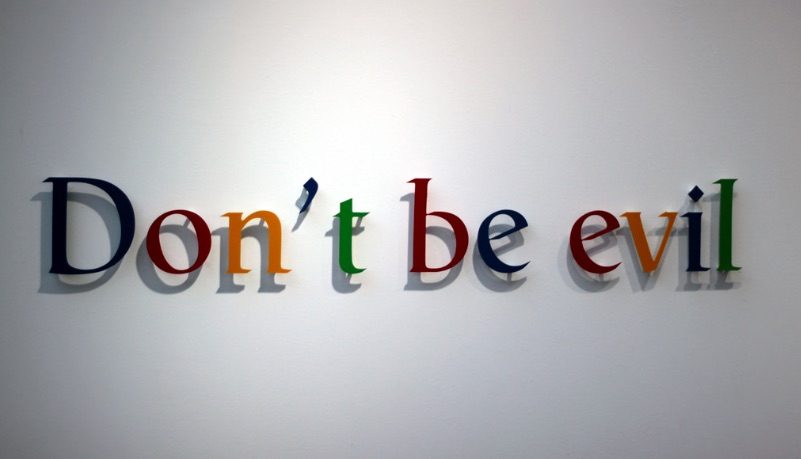What Could the Alphabet Workers Union Accomplish?

I was happy to be interviewed for this Damon Poeter piece at Venture Beat on activism pressuring Google and other tech companies. Specifically, I talked about the nascent unionization attempt there, which is very small, but could become significant.
The Alphabet Workers Union comprises more than 800 full-time employees, temporary employees, vendors, and contractors working for Google, YouTube, and other Alphabet subsidiaries. It was formed in January as a minority union that lacks the power to force collective bargaining for compensation. AWU members are members of the 700,000-member strong Communications Workers of America’s CWA Local 1600 chapter.
While it is a new union with limited power, Muthukumar said the AWU had already secured some victories in the Alphabet workplace.
“We’ve provided legal services to employees who have faced retaliation [for speaking out] so they don’t have to take on a billion-dollar corporation on their own,” she said. “Some of our recent campaigns include getting Google to post around our datacenter offices what employee rights are, so employees are better informed and able to organize and exercise freedom of speech in discussing pay and other issues.”
…
Union activity in the tech sector shows promising signs, but without major reforms to labor law, organizers will continue to face difficult, uphill battles to form strong unions, said Erik Loomis, an associate professor of history at the University of Rhode Island and author of A History of America in Ten Strikes.
“It’s an objective fact that union membership in the U.S. has been declining for decades. But at the same time, we see high support in polling for unions and a whole bunch of grassroots organizing that’s taking place with things like journalist unions, graduate student unions, and even the move towards more labor-friendly policy by the Democratic Party,” he told VentureBeat.
“But the biggest problem is that, while there is reason for hope, there’s also this giant barrier that is our non-functioning labor law. As it stands, companies can engage in enormous levels of worker intimidation when workers try to organize. They can pretty easily cause unions to lose elections, and even when the unions win, companies can delay [union certification] so as to force another election, with different workers voting.”
…


